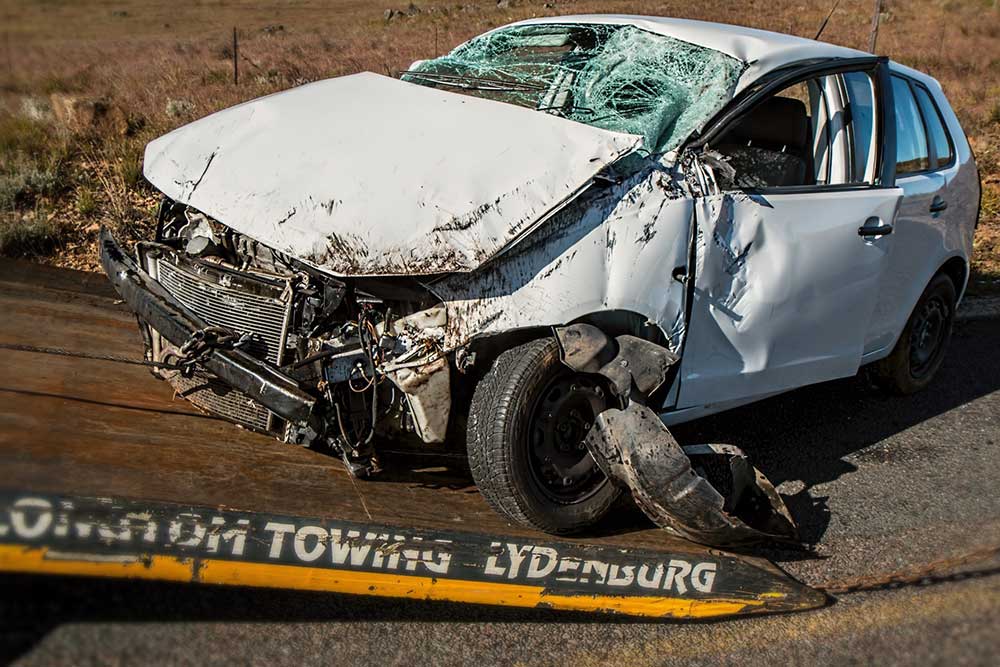What is PIP?
An immediate and legitimate concern of those injured in a car accident in Massachusetts is “who is going to pay my medical bills?” In Massachusetts, the answer is commonly Personal Injury Protection or “PIP.”
Massachusetts is a “No Fault” State
This status means that the insurance provider for the vehicle in which you were the driver or passenger will cover your medical expenses, regardless of fault. The same is true for a pedestrian struck by a motor vehicle insured in Massachusetts. To reiterate, PIP will pay your medical expenses even if you were at fault for the accident.
Total Benefits Available
The maximum benefits PIP will pay is $8,000.00. If you are the recipient of a government sponsored health plan (like MassHealth or Medicare) or an ERISA funded private health insurance plan, you are entitled to $8,000.00 in PIP benefits.
If you are enrolled in a non-ERISA private health plan, PIP will pay your first $2,000.00 in medical bills. Bills above and beyond $2,000.00 must be submitted to your private health insurer. Importantly, in the event your health insurer denies paying your bills, your treatment provider is out of network, or you are responsible for co-pays or deductibles, PIP can again be held responsible up to $8,000.00.
Please Note: Coordination of benefits is a very complex process your attorney should understand. If you have any questions regarding release of medical benefits, please consult your lawyer.
What Does PIP Cover?
By statute, PIP is responsible for covering (1) reasonable and necessary medical expenses, (2) funeral expenses, (3) lost wages, and (4) ordinary and necessary household services.
PIP is required to pay reasonable medical expenses incurred within 2 years of an accident. The PIP insurer is entitled to request an examination by an independent medical professional to confirm your treatment is necessary. Claimants must submit to this examination or risk a denial of benefits.
Lost wages are paid by PIP at the rate of 75 percent of your average weekly wage during the 1 year period immediately preceding your accident. Claimants are required to produce two things to have a lost wage claim approved: (1) documentation of their average weekly wage (which can be provided by your employer), and (2) a doctor’s note excusing you from work during the period of your absence.
PIP Benefits vs. Health Insurance Benefits
The main difference between PIP benefits and health benefits is that PIP benefits are not paid back at the end of your case. This is great for claimants! While PIP benefits are not paid back, health benefits are. In the event your health insurer has paid a portion of your medical expenses, they likely have a contractual right (found in your health insurance policy) to recover those benefits in the event they are paid by a third party. This makes it important that you know what you are entitled to and that your PIP claim is handled properly. A great personal injury lawyer will know exactly how to handle your PIP claim.







